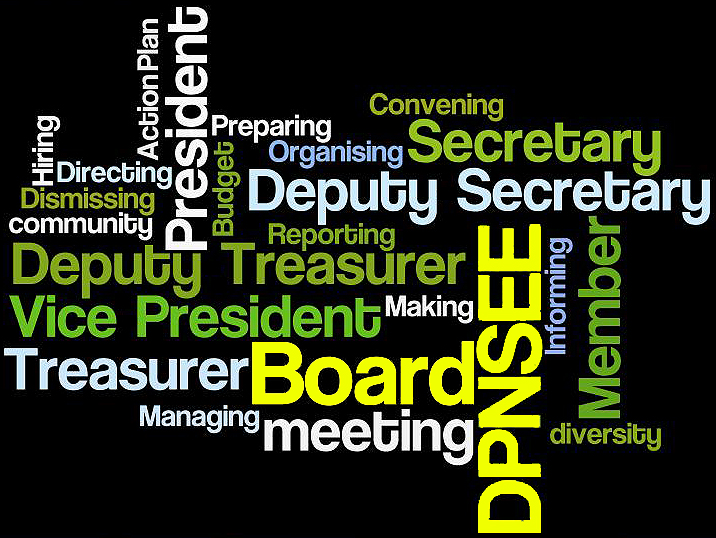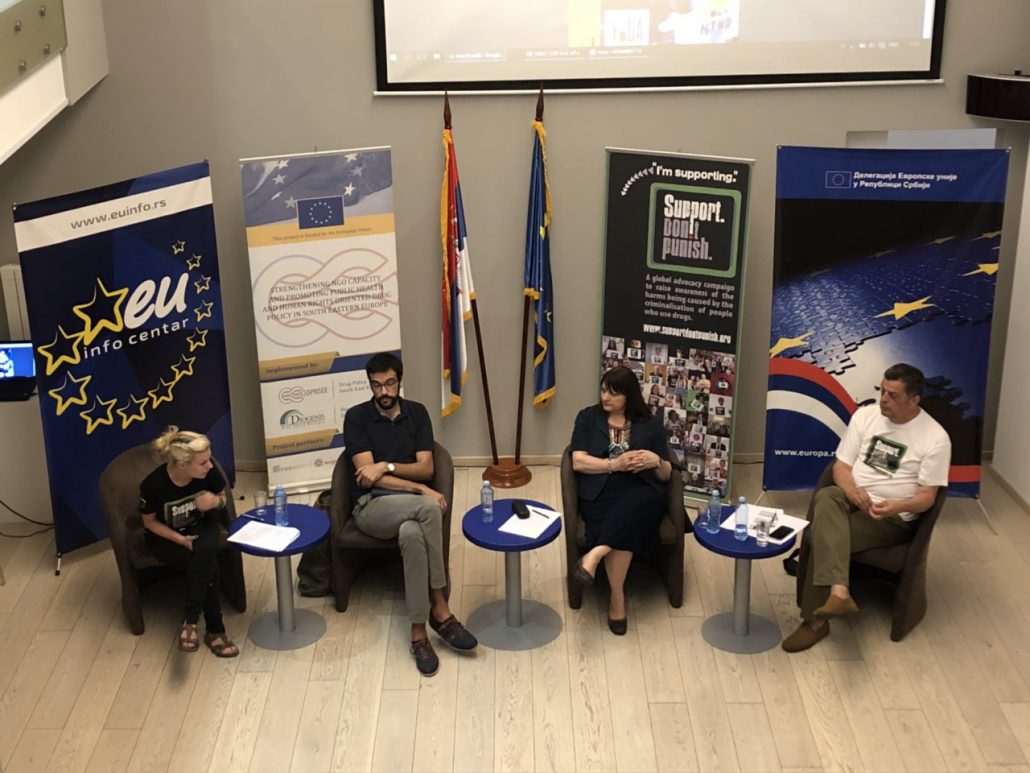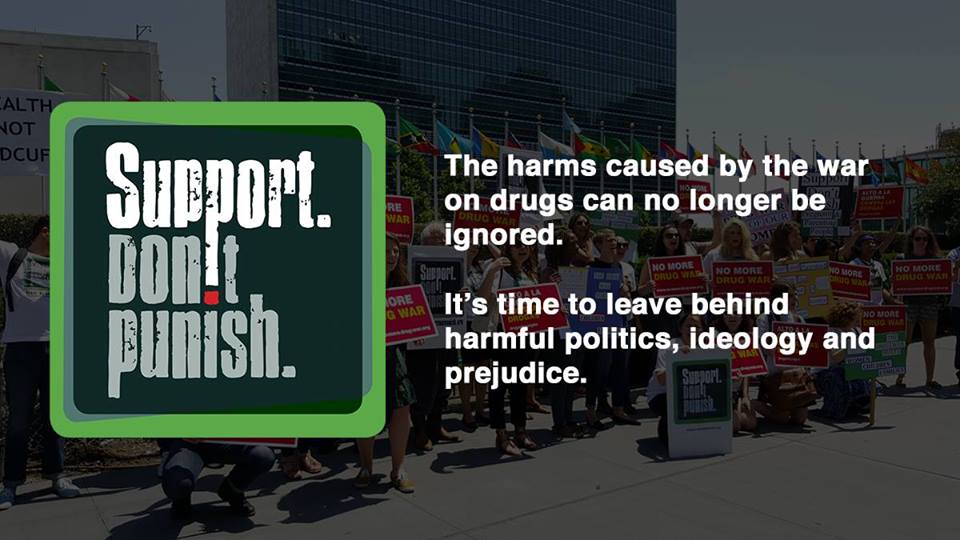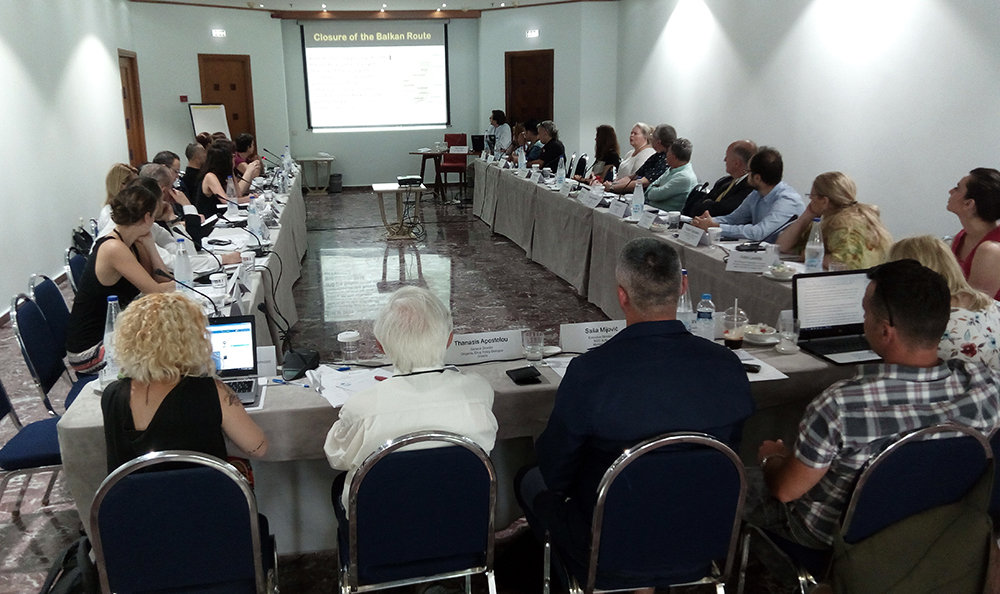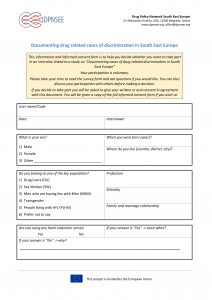This article of the News will be updated daily during the Conference
 More than 15.000 researchers, activists and policy makers from more than 160 countries gathered in Amsterdam for the 22nd International AIDS Conference (AIDS 2018). The International AIDS Conference is the largest conference on any global health issue in the world. First convened during the peak of the AIDS epidemic in 1985, it continues to provide a unique forum for the intersection of science, advocacy, and human rights. Each conference is an opportunity to strengthen policies and programmes that ensure an evidence-based response to the epidemic.
More than 15.000 researchers, activists and policy makers from more than 160 countries gathered in Amsterdam for the 22nd International AIDS Conference (AIDS 2018). The International AIDS Conference is the largest conference on any global health issue in the world. First convened during the peak of the AIDS epidemic in 1985, it continues to provide a unique forum for the intersection of science, advocacy, and human rights. Each conference is an opportunity to strengthen policies and programmes that ensure an evidence-based response to the epidemic.

The theme of AIDS 2018 is “Breaking Barriers, Building Bridges”, drawing attention to the need of rights-based approaches to more effectively reach key populations, including in Eastern Europe and Central Asia and the North-African/Middle Eastern regions where epidemics are growing.
Six member organisations and DPNSEE have representatives at the Conference.
A specific warm-up of the Conference was the official opening of the AIDS 2018 Global Village by the Mayor of Amsterdam Femke Halsema and Elizabeth Taylor grandchildren Quinn Tivey, Laela Wilding and Naomi Wilding on Sunday 22 July.
Daily highlights from the pre-conference events on 21 and 22 July is available following this link>>>
***
Monday 23 July, the first formal working day of the Conference, was already full of activities. Representatives of civil society organisations from South East Europe held a consultative meeting with the Open Society Harm reduction Programme representatives. It was a good opportunity to refer to some important issues, including prices of medicines, regional multi-country project for the Global Fund and sustainability.
At the session “Harm reduction for people who inject drugs in Europe: Findings from European Joint Action HA-REACT”, the EU Health Programme 2014-2020 addressed gaps in the prevention of HIV and other co-infections in the European Union. This session focused on harm reduction services in Europe for PWID, presenting new findings and good practices from this major European project including tailored low threshold services for women who use drugs, harm reduction for prisoners and mobile unit outreach work. Presentations from the session are available following this link>>>>
In the evening, a formal opening session of the Conference was held. It was a moving and empowering, filled with emotional moments remembering those who we have lost and celebrating those who are furthering the fight against AIDS, with a special performance by the Dutch National Ballet, a keynote address by Conchita, a special tribute to MH17 and many more powerful moments.
The grandchildren of Elizabeth Taylor talked about returning Amsterdam where it all started in 1992 and how her work continues today with The Elizabeth Taylor Human Rights Award winner, Allan Achesa Maleche. The famous quote from Dame Elizabeth Taylor’s famous speech at the 1992 AIDS Conference, was the theme of last night’s opening ceremony – “The fight against AIDS is not and must never be a fight against other people, it’s a fight about human beings against a virus.”
You can watch the recording of the opening session
An overview of the Monday 23 at the Conference is available following this link>>>
***
Tuesday 24 July morning started with a plenary session with celebrities of the Conference. The session focused on understanding the inequity in HIV response and stressed to need to focus on specific populations who are left out. The message that risk of HIV is not evenly distributed and most infections are emerging from unmet prevention and treatment needs was clear.
The highlight was the speech of Charlize Theron, a famous actress who is founder of the Charlize Theron Africa Outreach Project in South Africa. Her native country. She reminded of her Dutch origin and all the colonial approach which brought so much suffering to African people. She invited to fighting prejudices and emphasised excellent activism of young Africans she observed while working on fighting HIV. You can see the Charlize Theron’s speech at AIDS 2018 Youtube channel below
Special presentation which included Sir Elton John and HRH The Duke of Sussex announced that a group of major HIV/AIDS donors, NGOs, and pharmaceutical companies have joined forces into The MenStar coalition to launch a $1.2 billion coalition to expand the diagnosis and treatment of HIV infections among men, who are currently less likely to be accessing these services.
A leadership workshop “It is OUR money!: Effective community advocacy to insure domestic resources for sustainable HIV services” was designed based on budget advocacy experience in EECA countries and utilizes knowledge from health financing and public financing fields to help community and civil society leaders to learn how to do budget advocacy work and formulate successful budget advocacy strategies. Elizabeta Božinovska from HERA, Macedonia, presented results of the budget advocacy and monitoring efforts that resulted in country taking over financing harm reduction services.
The Robert Car civil society Networks Fund celebrated and showcased their work and impact of civil society and community led networks in the HIV response at the session “From Invisibility to Indivisibility”. The Fund is the first international pooled funding mechanism that specifically aims to strengthen global and regional HIV civil society and community networks across the world. This focus is in recognition of networks’ critical value and contribution to better health, inclusion and social wellbeing of inadequately served populations (ISPs), given their unique reach into and impact at community level. The news is that the Fund will, though the Request For Proposals for 2019-2021, also support newly applied networks!
***
One of the most interesting sessions on Wednesday 25 July was “Drugs, drug policy, harm reduction: A reality check”, co-chaired by Ruth Dreifuss, Former President of Switzerland and Chair of the Global Commission on Drug Policy and John-Peter Kools from the Trimbos Institute, Netherlands, with Julia Buxton, Central European University, Hungary, Daniel Joloy, Amnesty International, Daniel Wolfe, Open Society Foundations, Niamh Eastwood, Release, United Kingdom and Judy Chang, International Network of People Who Use Drugs (INPUD). The session made a powerful case for moving away from drug prohibition and abstinence as the key outcome of interest. Examples from the Czech Republic, Portugal, and other 25 countries experimenting decriminalization show that if we are to reach our 2030 goals we need to end mass incarceration, mass killings, and mass criminalization of drug use and drug possession. Most importantly, we are not going to do it without working with people who use drugs. All panellist argued that a combination of factors contributes to this massive failure. The failed war on drugs has been unfolding into wars on people in the Philippines, most of Latin American, Asia and the US; the over reliance on biotechnologies, biometrics, e.g. PreP, increase costs and shift people away from the basic message of harm reduction, that is to focus on “people needs, not health interventions” an emphasised the role of communities as key to getting back on track. A video recording and all presentations (some very effective) are available following this link>>>
The session “Civil society under threat: How can HIV advocates resist the impact? Conservative populism and social exclusion of civil society” has indicated that repression of civil society is rising. In 2012-2015, more than 120 laws restricting civil rights were introduced or proposed in 60 countries. Governments are implementing legal, administrative and other measures restricting operations of non-governmental organizations, particularly those rooted in marginalized communities disproportionately affected by HIV. Repression tools include burdensome registration requirements, restrictions on basic freedoms (including peaceful assembly and online expression), physical attacks and imprisonment. Péter Sárosi, from the Rights Reporter Foundation, Hungary and Ivan Varentsov, from the Eurasian Harm Reduction Association were among panellists. Video from this interesting session is available following this link>>>
The session “Why do we fail in responding to the epidemic among people who inject drugs?” brought together science, law enforcement and community in a panel that tried to answer a recurring question: why we are failing to respond to skyrocketing epidemics among PWID, particularly in Eastern Europe, where the lack of appropriate responses is accounting for unprecedented levels of HIV transmission? Presentations and video from the session are available following this link>>>
***
You can follow all of the #AIDS2018 action throughout the week:
- Live streaming: Watch the live stream of the opening and closing ceremonies, the plenary sessions, special sessions and official press conferences http://www.aids2018.org/Live
- Facebook: AIDS 2018 Live! Tune into live sessions featuring conversations with experts, advocates and news makers from the conference https://manychat.com/l1/HIVgov
- Twitter: Follow @AIDS_conference for live coverage and announcements. https://manychat.com/l1/HIVgov
- Instagram: Follow @aids_conference to see snapshots from around the conference, with a behind-the-scenes look via Instagram take-overs from special guests https://www.instagram.com/aids_conference/
- YouTube: Watch all AIDS 2018 sessions from the YouTube channel within 48 hours of their presentation https://iasociety.us6.list-manage.com/track/click?u=3746d12bbc6932846a58d505c&id=93c01f55c9&e=3ad679f855
- SmugMug: Access real-time, high resolution photos from key moments throughout the day https://iasociety.us6.list-manage.com/track/click?u=3746d12bbc6932846a58d505c&id=454c5447d8&e=3ad679f855
- Scientific summaries: Read key scientific summaries and highlights from an international team of rapporteurs reporting on scientific highlights from across all programme tracks https://iasociety.us6.list-manage.com/track/click?u=3746d12bbc6932846a58d505c&id=47bac81077&e=3ad679f855







